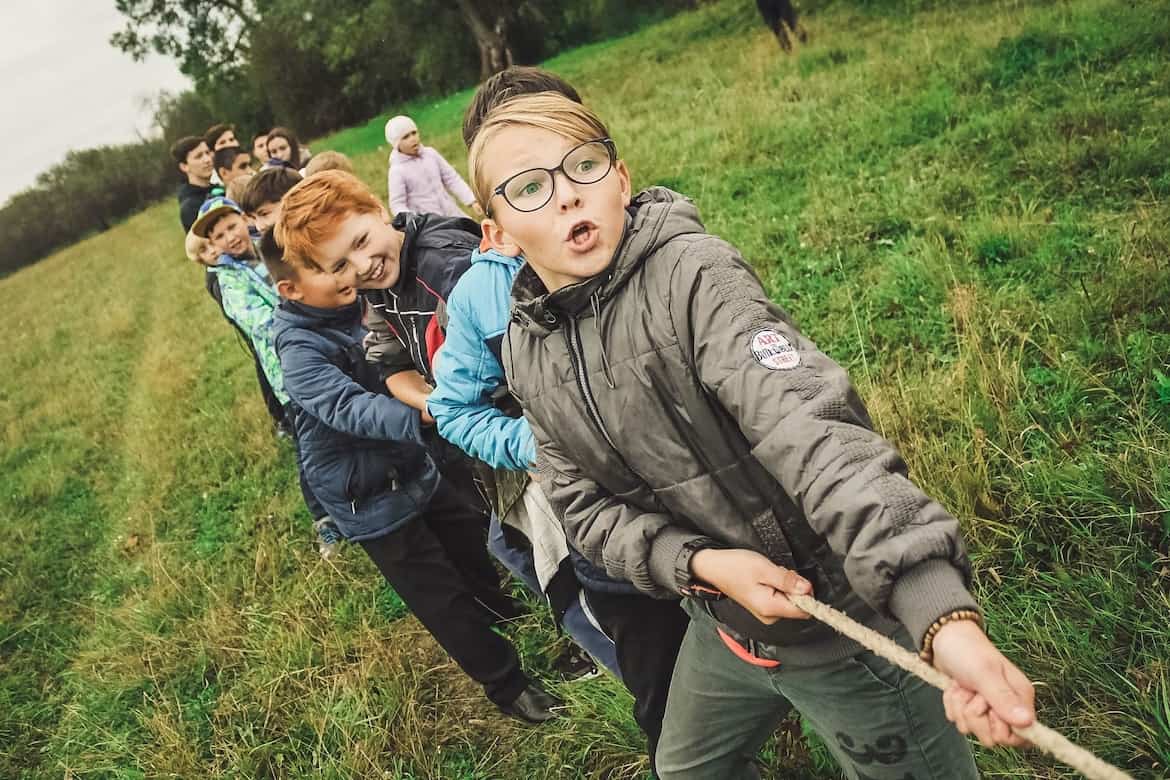First School Camp? Here are some tips for a great school camp experience
All children have the right to go to school camp, enjoy the fun, adventure and bonding without their parents.
Your child may have started going on school camps in their younger years, but for many, their first big school camp can take place at grade 6, aged 12.
When your child has CF and is getting ready for their first school camp it can be daunting for you but with forward planning and open communication, a great camp awaits.
If your first camp is fast approaching and you’ve got questions, hopefully we can help with these tips to make sure your child’s first camp is organised and fun (and parent free)!
Talk to your school and your health care team: Always start talking to your school early. Pre-planning and open communication are key to a seamless school camp for your child. The same goes with talking to your health care team. Let them know about the upcoming camp, and seek out their advice.
Here’s some things to consider chatting to your school about:
Camp Location. Where is your child going? Consider if there are any risk factors associated with their environment. How far is the camp from medical assistance, if required?
Top tip: Ask for a camp itinerary prior to camp to mark out any activities that may not be suitable.
Medications. Talk to the school well in advance to find out their policies on medications and administration of medications. Will your child prefer to have the control over administration, or will they need school support?
Top tip: “If your child isn’t in the habit of being independent with their physio, nebs and meds, start before they go to camp. Then you can feel confident they know what to do, and just ask the teacher to watch over them” CF Mum.
Diet. You can pre-plan by asking for the menu for the camp. Check if extra snacks need to be packed.
Top tip: Pop meds in zip locked bags – label each bag eg. Monday Breakfast, Monday Lunch etc
Physiotherapy. Where on camp can your child do physio? Will access to a power point be required? Does your child prefer to do their physio in private? What is available to suit their needs?
Dehydration. Make sure the school camp staff are aware of dehydration risks. What will the weather be like? Will there always be access to clean drinking water?
Infection Control. Will there be access to soap and water to ensure good hand hygiene? Can your child take hand sanitiser? What’s the policy if other children become unwell on camp?
Communicate what an emergency may look like. Exacerbation of CF symptoms (change in cough, shortness of breath), CFRD (high or low blood glucose levels), dehydration, damage to PEG/PICC/Port (if applicable).
“From ages 5 to 20 I spent my summers at a small wilderness overnight camp in New Hampshire, and now I’m beginning to recognize the habits it instilled in me. From being open and comfortable talking about my cystic fibrosis to learning how to adapt my treatments to any environment, I credit my summer experiences for developing my maturity regarding my health. I want parents to know that it is possible and beneficial to send your child with CF to an overnight camp.” Says Hogan Reed in her article about what camp taught her. Read more here.
We’ve pulled together some notes based on parents’ experiences on school camp preparations. You may find this helpful…
Advice from parents:
- Give your school plenty of warning – make sure they are informed, not overwhelmed.
- Go through camp activities and menu.
- Set reminders on your child’s phone for their meds, especially if they can be forgetful!
- Get your health care team involved – update the medical plan. (You can update the CFSmart Health Plan here).
- Find out early what the school policies are and what they need from you.
- Call the CF CNCs for support or your state-based CF organisation.
- Be prepared – Talk to your CF CNC about modified routines for camp if necessary.
- Give teachers a treatment schedule with timing of medications, physio, nebs and dosages and when they should be given.
- Your child may be fairly independent, however it’s still good for all leaders on camp to be aware, so that help can be given where needed and in changing circumstances.
- In the event of an emergency camp leaders / teachers to have: Medicare card numbers, contact details of the CF care team (CF CNC and diabetes CNC if your child has CFRD)
- Arrange a meeting with the school / camp teacher coordinator (with CF CNC if possible) and do a risk assessment on the camp activities prior.
Overseas Camps: Things to look into.
- Is there a Reciprocal Health Care Agreement with Australia?
- Travel Insurance
- Is there a local CF clinic in the area?
- Consider obtaining a GP letter on your CF Medications and details for entering new countries.
- Portable nebulisers. And a power adapter, in case you need a power point for your devices.
Then, give a kiss and a cuddle, saving the tears for when you are back in the car.
Take a deep breath and await some exciting camp stories on their return.
The views, experiences or comments shared on this website are not medical advice and may not reflect opinions or beliefs of Cystic Fibrosis Community Care. Always seek the guidance of your doctor or other qualified health professional with any questions regarding your health.




